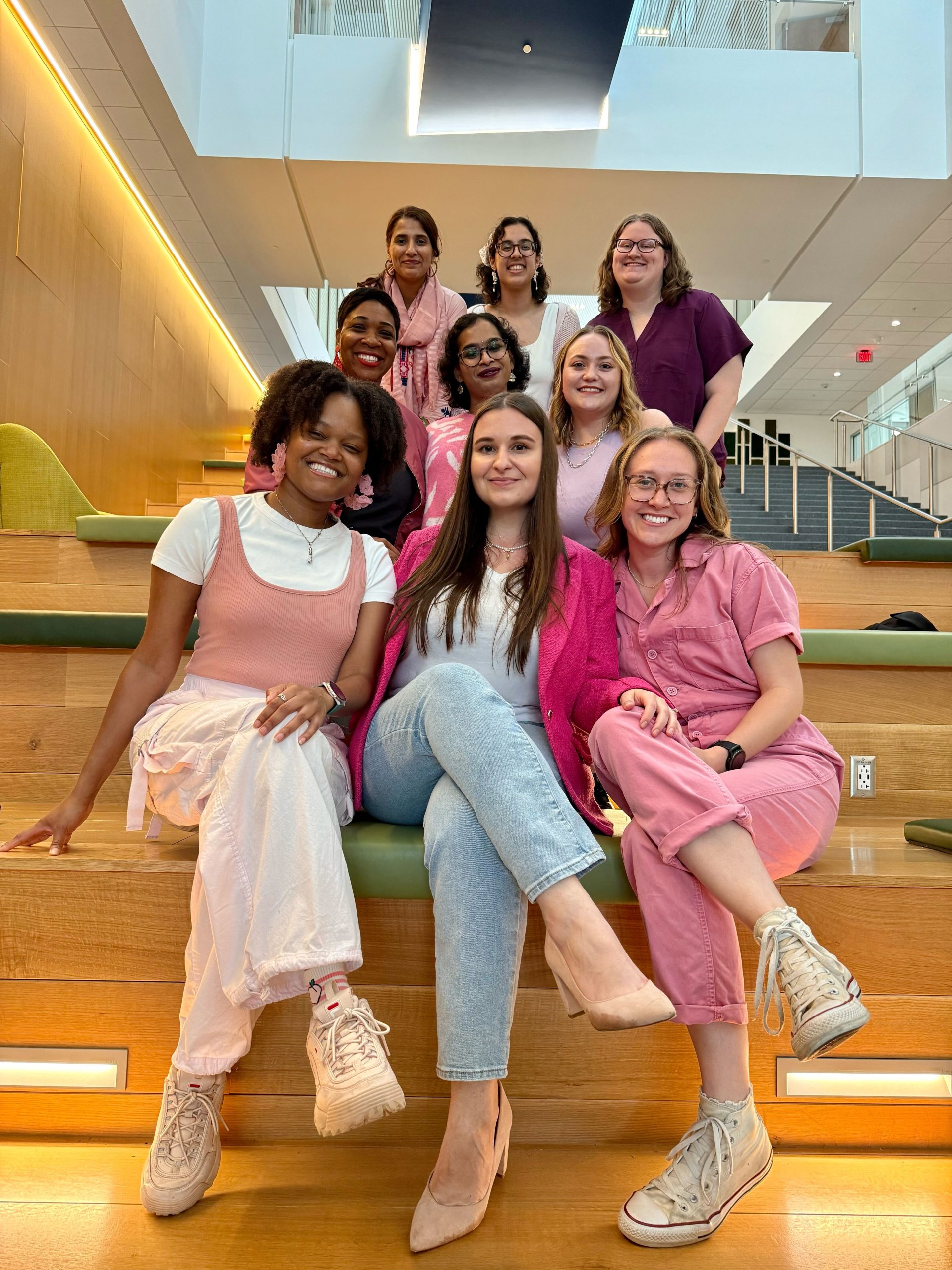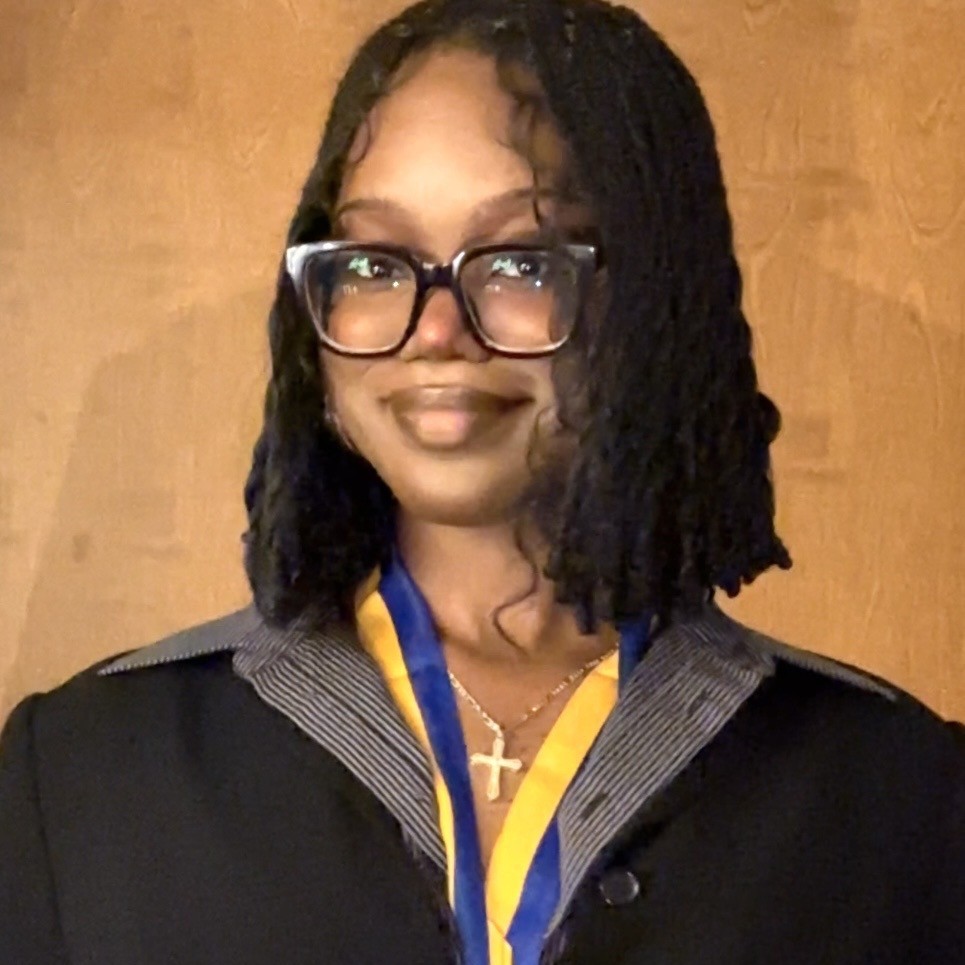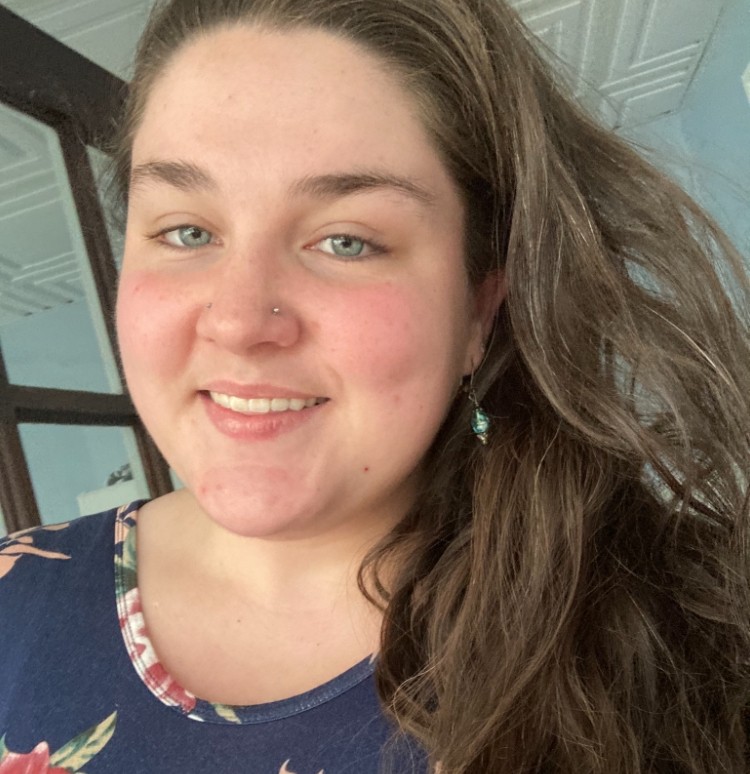Welcome to our little corner of the web! We’re a collaborative team passionate about Chemistry Education Research.
Research in our group focuses on two main areas with the ultimate goal of bridging research and practice:

Advancing Representational Competence in Chemistry Education
Our research explores how chemistry students develop representational competence (RC)—the ability to interpret, use, and move between different forms of chemical representations. Current projects:
- Investigate how faculty teach about and with representations in various instructional settings
- Evaluate how well chemistry textbooks support student RC development
- Understand student reasoning with chemical representations using cognitive interviews and eye-tracking
- Develop an assessment instrument to measure students’ RC
- Design interventions to improve student reasoning with representations
Characterizing and Supporting Chemistry Faculty Pedagogical Practices
To inform and improve faculty professional development, we examine the pedagogical reasoning and instructional practices of chemistry educators. Current projects:
- Explore how faculty teach symmetry concepts in inorganic chemistry
- Investigate instructional approaches for developing student RC
- Evaluate changes in the teaching beliefs and practices of chemistry laboratory facilitators
Our research is currently funded or has been funded through several National Science Foundation grants:
- NSF DUE-2337028 – Collaborative Research: Broadening Instructional Innovation in the Chemistry Laboratory through Excellence in Curriculum Development (current). For more information, see the website of the Chemistry Laboratory Curriculum (CLC) Innovators Program.
- NSF DUE-2142214 – Collaborative Research: Exploring Connections Between Instructional Practice and Student Learning in Inorganic Chemistry Learning Environments (current).
- NSF DUE-2025216 – BCSER: Developing Expertise in Educational Testing to Support Characterizing the Impact of Organic Chemistry Instruction on Students’ Ability to Reason with Representations (past).
Recent News from The Popova Research Group

January 31, 2026
Felicia Etchi joined our research group!

December 27, 2025
Emma O’Brien Joined our Research Group!

December 3, 2025

